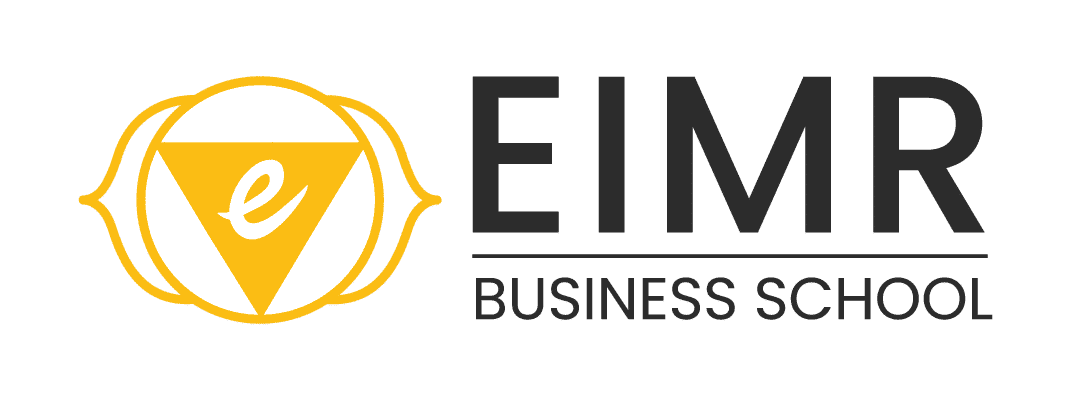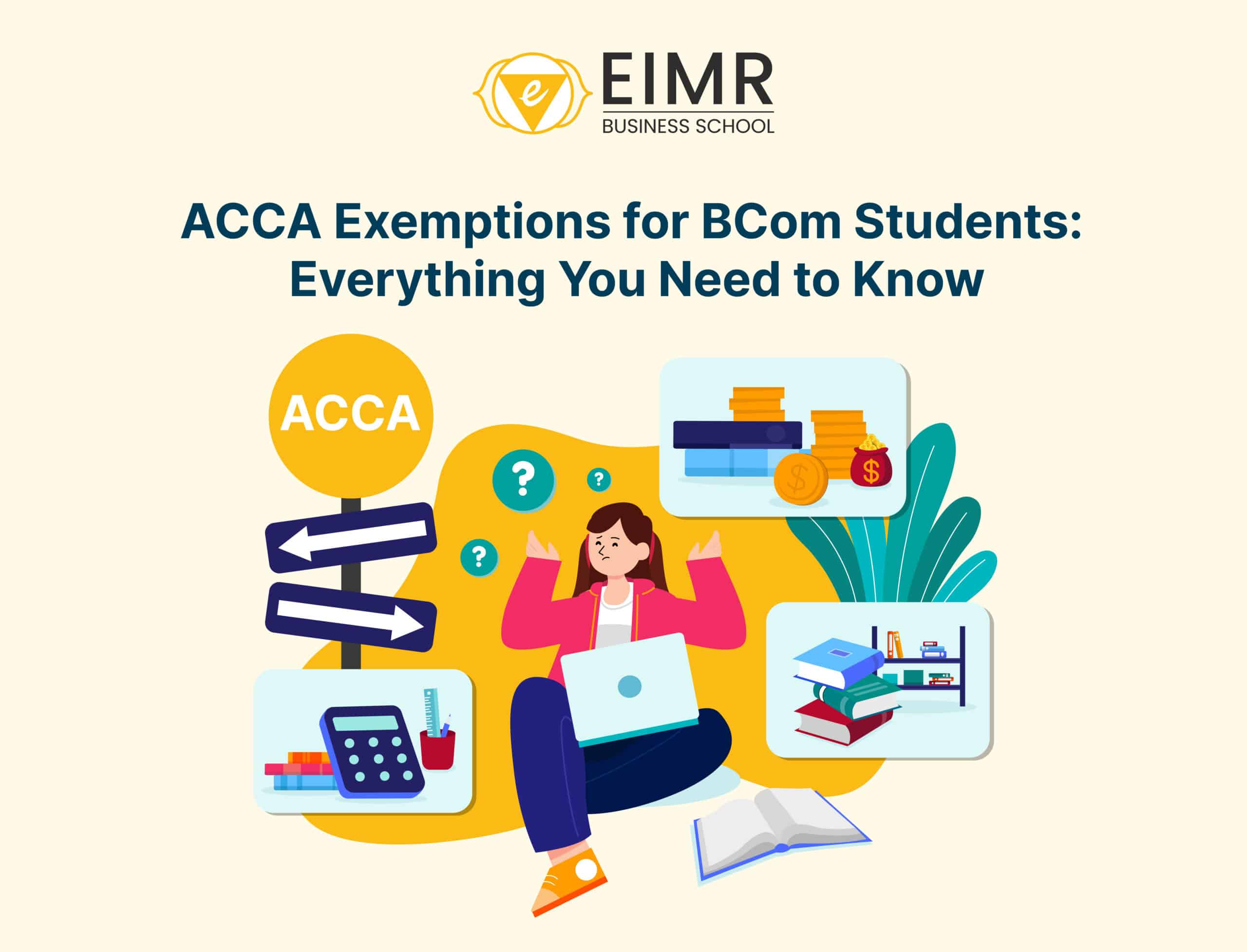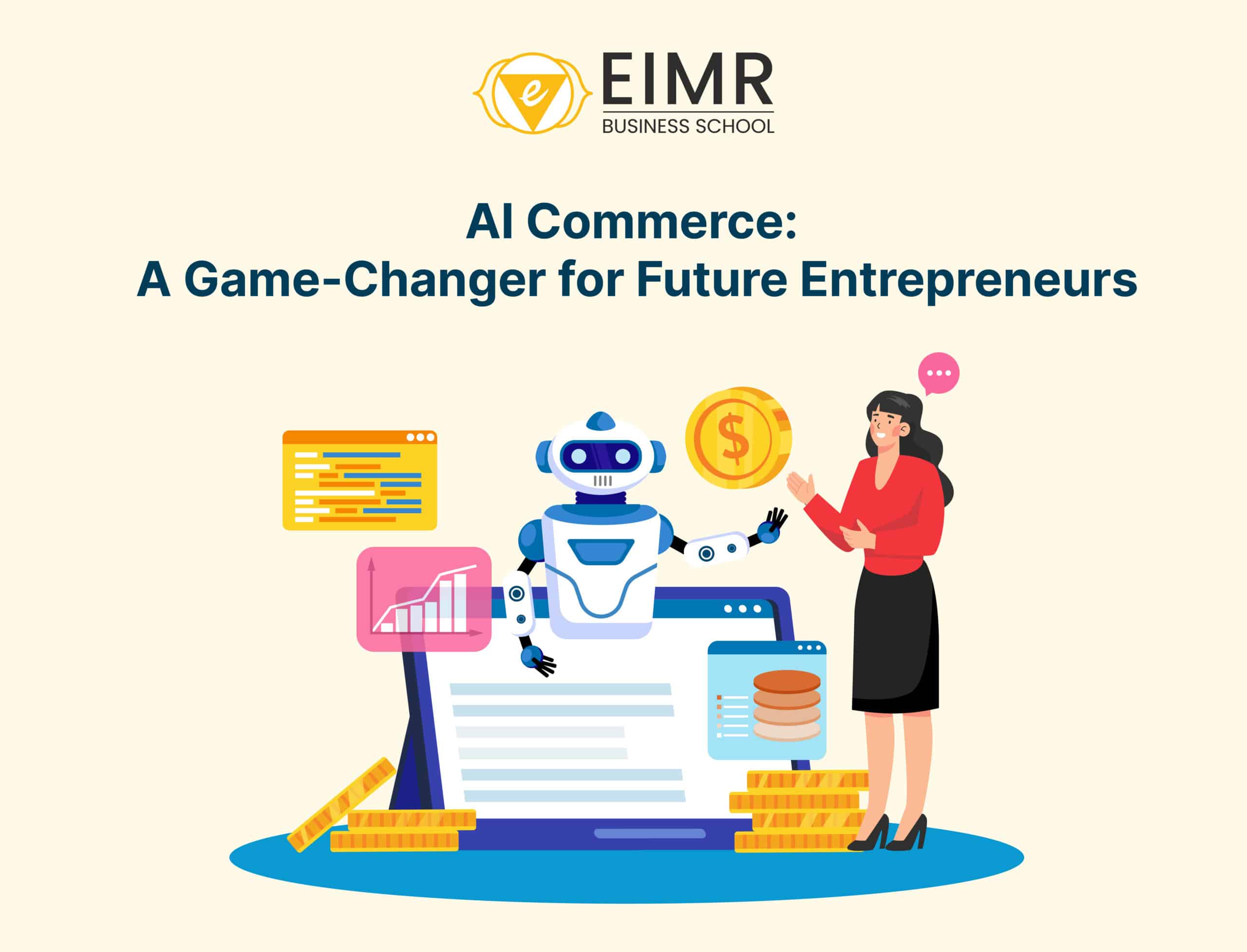If you’re a BCA student dreaming of a career in data science, you’ve likely asked yourself:
“Am I ready for a data science interview?”
The good news is with the right preparation, you absolutely can be. This guide offers aspiring data scientists a practical beginner data science roadmap and key insights into data science interview preparation.
Why Data Science Matters
Today, data science powers intelligent decision-making across industries. From analyzing customer behavior to forecasting trends, businesses rely on data professionals to turn raw data into valuable insights.
As a BCA student, this opens up exciting roles such as:
- Data Scientist – Creating predictive models and presenting insights
- Data Analyst – Identifying trends using SQL, Excel, and BI tools
- Machine Learning Engineer – Building intelligent algorithms
- Data Engineer – Managing the infrastructure that supports data pipelines
These roles are becoming increasingly available to graduates from top BCA data science colleges, especially as companies seek job-ready talent.
What Interviewers Are Looking For
Interviewers want to see how you use tools like Python, SQL, Pandas, and Scikit-learn—not just how much theory you know.
You may be asked to:
- Write a function to process or summarize data
- Build and explain a basic classification model
- Clean or transform messy data into usable form
Practice on platforms like Kaggle, LeetCode (for SQL), and HackerRank to hone your technical skills.
Understanding Core Concepts in Context
Expect questions that assess how well you understand key data science concepts in practical settings:
- How would you handle missing values in a real dataset?
- What is a confusion matrix, and when would you use it?
- Which metric is best for evaluating an imbalanced model?
Tip: Study case studies and practice applying your knowledge to real problems.
Business Thinking & Problem Solving
Interviewers may give you an open-ended scenario and expect you to:
- Identify the data needed
- Design a structured solution
- Translate insights into business recommendations
This demonstrates your ability to connect technical analysis with business impact.
Communication and Soft Skills
You’ll also be assessed on your ability to explain technical concepts clearly. Prepare for behavioral questions like:
- “Tell us about a time you worked on a data project with others.”
- “Describe a mistake you made and what you learned.”
Strong communication skills are essential—especially when you’re presenting your work to non-technical stakeholders.
Common Mistakes to Avoid During Data Science Interview Preparation
Even skilled candidates make avoidable mistakes. Here are three that frequently hurt performance:
- Memorizing Instead of Understanding
Surface-level knowledge won’t help in applied questions. Focus on understanding why and when to use each concept. - Overlooking Data Cleaning and Storytelling
Employers care more about your ability to make sense of real-world, messy data—and present insights clearly—than just running a model. - Not Building Real Projects
Without hands-on projects, it’s difficult to prove your skills. A portfolio with a few real datasets and documented outcomes can set you apart.
Building a Strong Foundation: A Beginner Data Science Roadmap
Phase 1: Core Skills
- Learn Python, SQL, and statistics
- Understand core machine learning algorithms
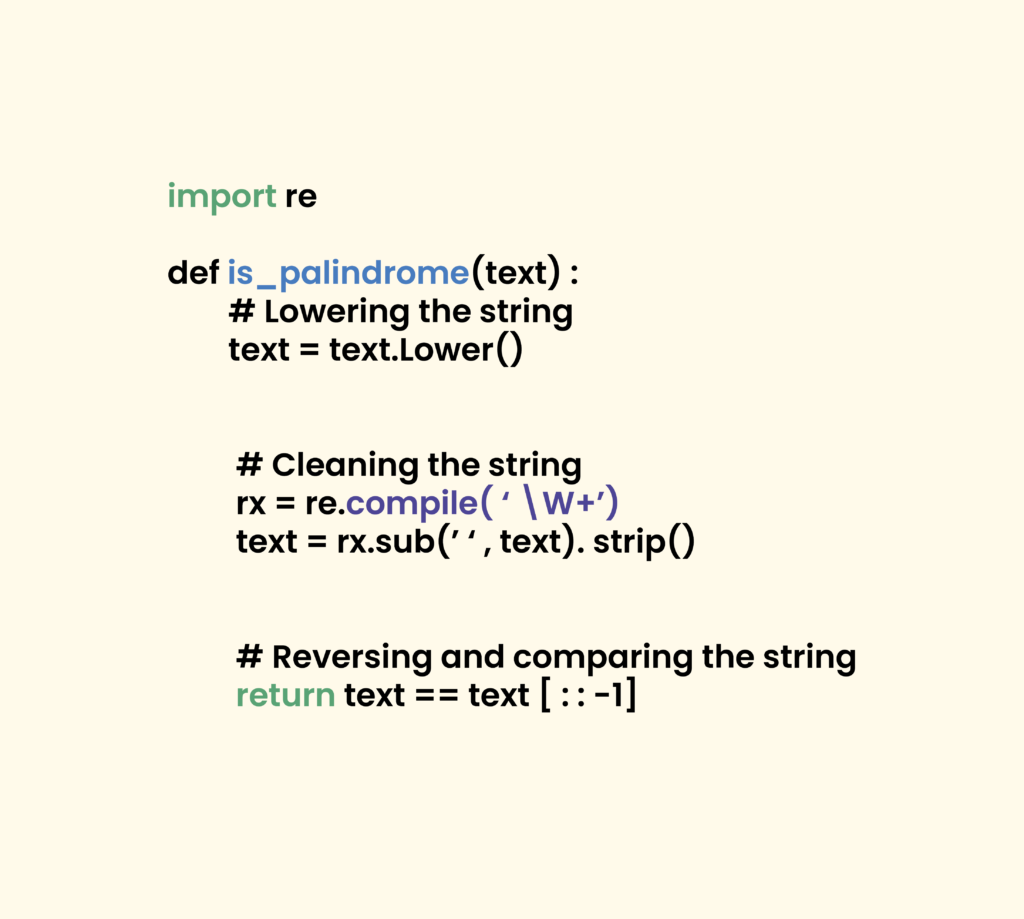
Phase 2: Practical Projects
- Build projects like customer segmentation or sentiment analysis
- Use visualization libraries such as Matplotlib or Seaborn
- Practice version control with GitHub
Phase 3: Interview Readiness
- Polish and upload projects with documentation
- Practice problem-solving and mock interviews
- Improve your ability to explain insights to different audiences
This structure is essential for any BCA student looking to break into data science jobs.
BCA with Data Science – The Right Start
For those exploring BCA in data science, choosing the right college is critical. Institutions like EIMR are emerging as some of the best BCA colleges in Bangalore, offering specialized, industry-relevant data science programs. It is more critical than ever for students to gain hands-on learning with real tools and datasets, mentorship from experienced faculty and industry experts, practical exposure through internships, workshops, and hackathons and career support for job readiness and interview preparation.
Final Thoughts
Cracking a data science interview as a BCA student is possible with the right mix of technical skills, real-world projects, and soft skills. Focus on building both your capabilities and confidence, avoid shortcuts, embrace hands-on learning, and focus on building both your capabilities and confidence.
Start your journey toward becoming a future-ready data scientist today.
